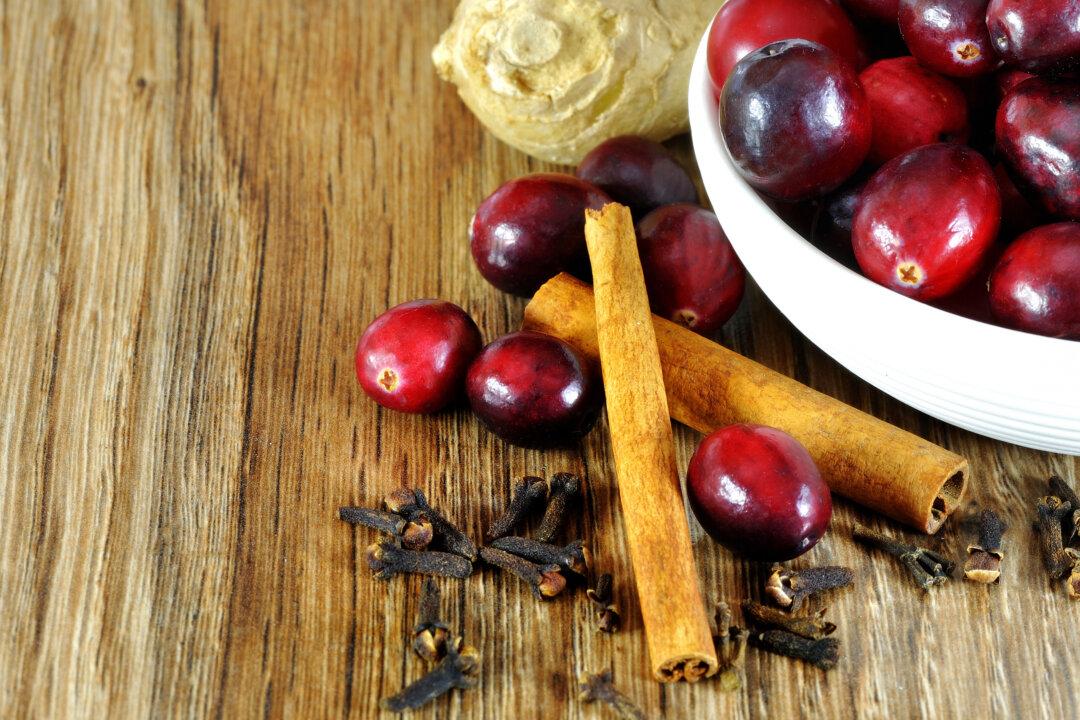You’ve heard it repeatedly, there are two kinds of cholesterol: the “good” high-density lipoprotein (HDL) and the “bad” low density lipoprotein (LDL). Now, a researcher at Texas A&M University has come to the defense of LDL, saying it may not be so bad after all. In fact, it may help build muscle.
According to Steve Riechman, a researcher in the Department of Health and Kinesiology, the study reveals that “LDL is not the evil Darth Vader of health it has been made out to be in recent years.”





